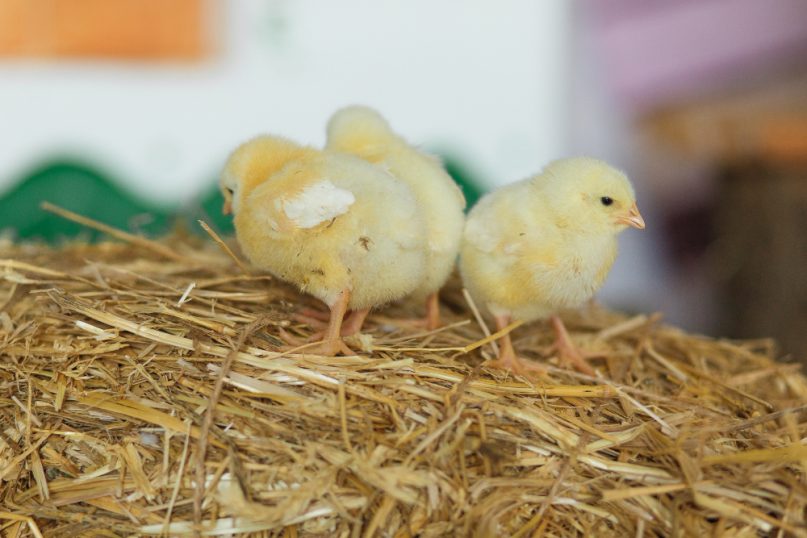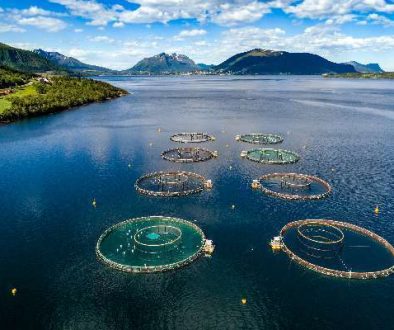Understanding Chickens: Intelligence, Welfare, and respect

Understanding Chickens: Intelligence, Welfare, and the Call for Compassion
Chickens are among the most numerous animals on the planet, with an astonishing global population of approximately 67 billion. This staggering number is not merely a result of their high reproductive rates but is largely driven by human agricultural practices. Despite their prevalence, the realities of chicken welfare often go unnoticed. By delving into the fascinating aspects of chicken intelligence and the challenges they face, we can gain a better understanding of these remarkable creatures and the urgent need for more compassionate treatment.
The Remarkable Intelligence of Chickens
Chickens are far more intelligent than many people realize. According to research conducted by the University of Connecticut, chickens possess an impressive range of vocalizations—more than 24 distinct sounds. These vocalizations are not just random noises; they are integral to their social interactions and survival. Chickens use these calls to communicate a variety of messages, from warning of predators to signaling the presence of food.
In their natural environment, chickens can live up to 8 years. This lifespan reflects their advanced cognitive abilities. Chickens are not just passive creatures; they are capable of solving complex problems, exhibiting self-control, and even planning for the future. Their cognitive skills extend to their memory as well. Chickens can remember and recognize up to 100 different faces, including those of humans, and as chicks, they can identify their mother’s voice. This ability to remember and recognize individuals is crucial for their social structure and interactions within flocks.
The Harsh Realities of Industrial Agriculture
Despite their potential lifespan and cognitive capabilities, the majority of chickens raised in industrial agriculture face grim realities. Each year, billions of chickens are slaughtered for meat and eggs. This high turnover is not due to their natural lifespan but is a result of the demands of commercial production.
In the egg-laying industry, hens typically live only up to 2 years. Male chicks, who do not contribute to egg production, are often culled shortly after birth. The practice of beak trimming, performed just two days after hatching, is intended to prevent injuries among the birds due to stress and overcrowding. This procedure, however, is painful and contributes to the overall suffering of the chickens.
Chickens raised for meat, or broilers, face an even harsher fate. These chickens are often slaughtered at just 45 days old, a process driven by the demand for fried chicken and other poultry products. Some broilers may live up to 90 days, but this is still a fraction of their potential lifespan. The rapid growth induced by high food intake and hormone treatments (estrogens) can lead to severe health issues, not only for the chickens but potentially for humans consuming these products as well.
The Ethical Implications and the Call for Change
The conditions in which chickens are raised in industrial agriculture are deeply troubling. The suffering experienced by these animals is both unnecessary and avoidable. With the availability of numerous plant-based alternatives, there is no need for such practices that prioritize profit over welfare.
A shift towards more humane treatment of chickens and other animals is crucial. This involves not only improving living conditions for farmed animals but also reconsidering our dietary choices. Research has shown that even children, given the choice between eating a chicken or an apple, would likely choose the apple and show affection towards the chicken. This natural empathy highlights the potential for a more compassionate approach to animal welfare.
The move towards plant-based diets and improved animal welfare practices represents an opportunity for a more ethical future. By recognizing the intelligence and emotional capacities of chickens, we can make informed decisions that respect their well-being and contribute to a more sustainable and humane world.
Conclusion
Chickens are intelligent, emotionally aware animals with complex social structures and advanced cognitive abilities. Despite their remarkable qualities, they often endure severe suffering in industrial agriculture. The contrast between their potential lifespan and the harsh realities of commercial production underscores the need for change. By embracing more compassionate practices and exploring plant-based alternatives, we can foster a more humane treatment of chickens and other animals, aligning our actions with our values of empathy and respect.



